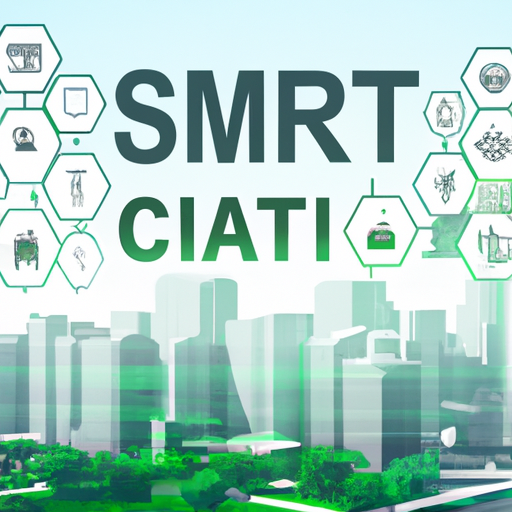As urban populations continue to swell, the need for innovative solutions in city planning and management has become increasingly critical. Enter Smart Cities—urban areas that leverage technology to enhance the quality of life for their residents. This blog post delves into the concept of Smart Cities, the technologies that power them, and their potential to create sustainable urban environments.
What is a Smart City?
A Smart City integrates various technological solutions to optimize city functions and drive economic growth while improving residents’ quality of life. It utilizes data collected from connected devices to manage assets effectively, enhance public services, and promote a healthier environment. The Internet of Things (IoT), big data analytics, and artificial intelligence are vital components of this urban transformation.
Key Features of Smart Cities
- Connected Infrastructure: Smart Cities implement a network of sensors and devices that monitor everything from traffic patterns to energy consumption.
- Sustainable Practices: These cities prioritize sustainability through green energy initiatives, waste reduction programs, and improved public transport systems.
- Smart Governance: Using big data, city management can make informed decisions, foster transparent governance, and enhance citizen engagement.
- Enhanced Connectivity: High-speed internet access and improved mobile networks ensure that residents remain connected, enabling e-commerce and remote work.
Benefits of Smart Cities
Smart Cities offer numerous advantages for both residents and city planners:
- Improved Quality of Life: With better public services, reduced pollution, and more efficient transportation, residents can enjoy a higher standard of living.
- Economic Growth: Smart Cities attract businesses by providing a tech-savvy environment that supports innovation.
- Efficient Resource Management: Through data-driven insights, cities can optimize their use of resources, reducing waste and conserving energy.
- Enhanced Safety: Smart surveillance systems can improve public safety and crime prevention efforts.
Challenges Facing Smart Cities
Despite their promise, the implementation of Smart Cities is not without challenges:
- Data Privacy Concerns: The extensive data collection necessary for smart technology raises issues surrounding user privacy and data security.
- High Initial Investment: The cost of developing smart infrastructure can be prohibitive for some cities, particularly in developing regions.
- Technological Divide: Ensuring equitable access to technology for all residents remains a critical concern.
Conclusion
Smart Cities represent a significant evolution in urban planning, promising more sustainable, efficient, and livable environments for future generations. As we continue to innovate and integrate technology into our cities, the potential for positive change is immense. By overcoming current challenges, cities around the world can leverage the benefits of becoming smarter, ultimately redefining how we live in urban spaces.
To stay updated on the latest trends in Smart Cities, subscribe to our newsletter and join the conversation about the future of urban living!
Keywords: Smart Cities, Urban Development, IoT, Sustainable Living, Technology




